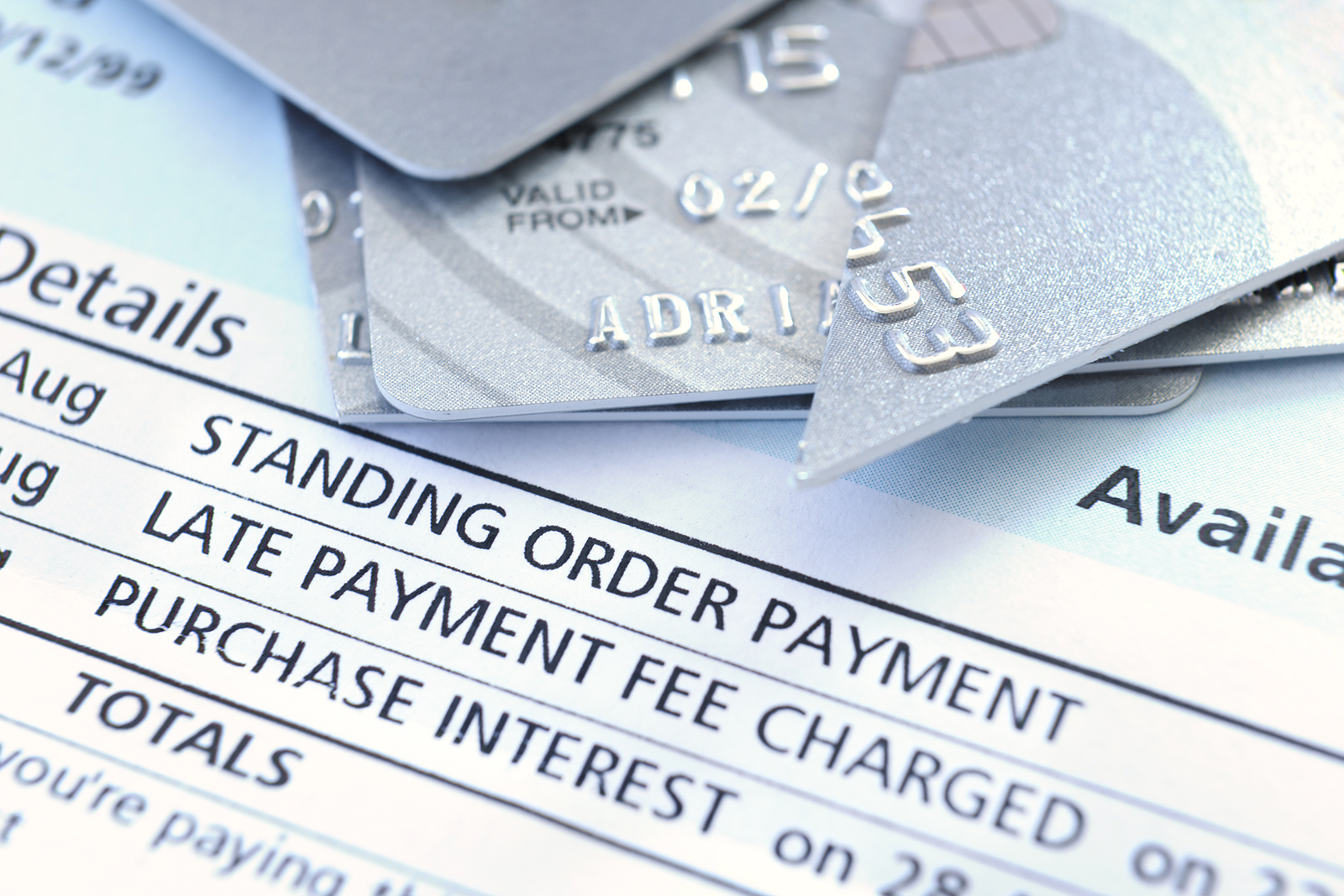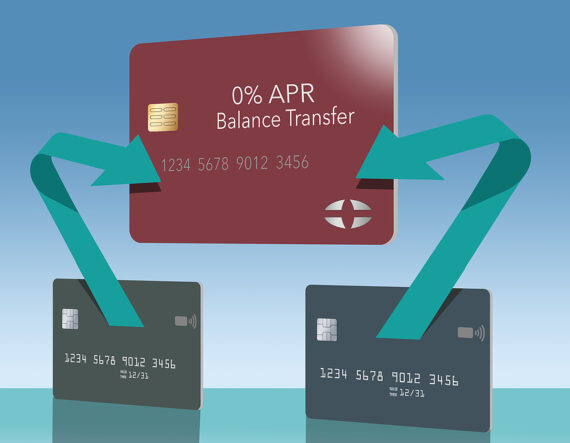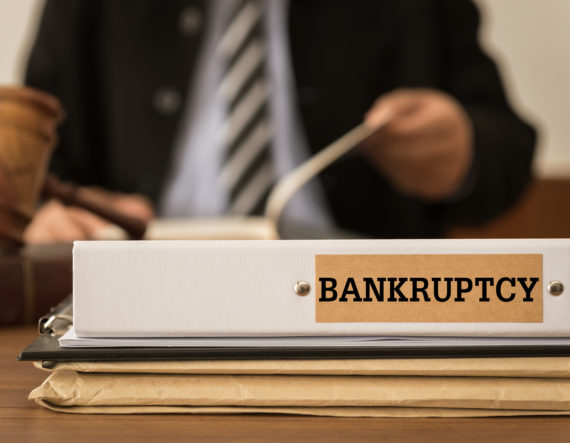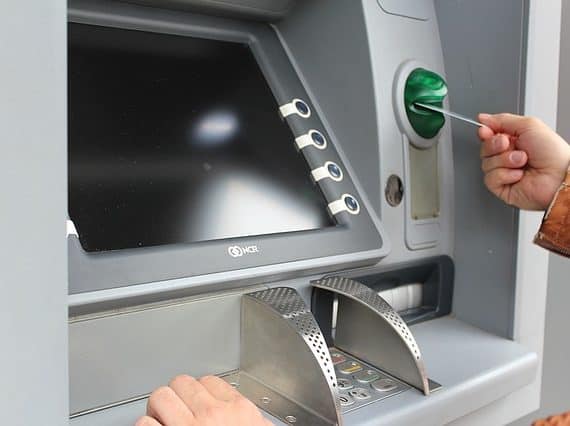
Should you Cancel a Credit Card? (Credit Score Impact vs. Avoiding Debt)
Things aren’t always what they seem, and sometimes what seems like a “no brainer,” can actually turn out to be quite a headache. This rings true particularly in the realms of credit management and personal finance. Often, you might think that you are taking a course of action that’s in your best interest, only to find out later that it wasn’t.
In particular, there is one very simple-sounding strategy often touted to people who are taking action to improve their financial well-being: CLOSE ALL YOUR CREDIT CARDS.
On the surface, it’s a very simple idea. If credit cards have been leading you to into debt, why not close them? But it isn’t always the right answer. Let’s take a quick look at each side of the argument: why you might not want to close your credit cards vs. why you should consider closing cards.
Don’t Close Your Credit Cards: Negative Credit Score Impacts
If credit cards have presented some financial challenges for you, then the idea of closing them may be very appealing. Just get rid of them, and everything will fall into place, right? Well, not so fast. If one of your financial goals is to improve your credit score, particularly in the short-term, then closing credit cards may work against you.
Closing, or cancelling, a credit card generally has a negative impact on two components of your credit score: credit utilization and average age of accounts.
Your utilization is affected because when you close an account you will have less available credit, which inflates how much available credit you are using as a percentage. Similarly, when you close an account, the age of that account will no longer contribute to your average. The higher your average age, the better. This means that if you close an account that has been open for a long time, your score will likely take a hit. The drop will likely be larger if the accounts that remain open are significantly younger than the one you close.
If you are considering cancelling a credit card because of the annual fee, you might be thinking that the money you will save by closing the card outweighs the credit score impact. You might be right, and in general extra money in your pocket each year that’s not going toward a fee is probably better. However, before you close a card solely for this reason, be sure to call the credit card company to see whether the card has a free downgrade option. If so, you can essentially change to a card without an annual fee while avoiding any of the negative consequences of cancelling, because your history on the original card (with the fee) will carry over to the new card (without the fee).
In general, avoid closing cards if there isn’t a compelling reason to do so. You’ll potentially improve, or at least maintain, two important factors in your credit score. And the great thing is that you don’t have to pay interest on these cards or even use them to reap these benefits. Yes, it seems counterintuitive, but an old credit card sitting in a drawer is likely to do more for your credit score than cancelling the card.
The Case for Cancellation: A Lifestyle Change
Everything we just said above is true. However, we made the argument inside of a vacuum, completely void of any considerations of human behavior. Let’s be real, the main reason people often recommend closing credit cards is so they won’t create more debt for you! And that can be very good advice.
Credit cards aren’t always little pieces of plastic that can sit unused in a drawer! For some of us, they have been avenues to significant spending—sometimes on things we didn’t need at all, and other times on food, clothing and other essentials. We are all in different stages of our financial journeys, and learning to manage credit wisely and have a healthy relationship with our money takes time. Credit cards make negative decisions much easier to make. So, if getting rid of them altogether by closing and cancelling the cards is a mental victory over the cards, that may be worth far more than any boost in credit score.
Bottom Line
When it comes to credit, be wary of general advice, and always think about the specifics of your situation. Closing credit cards is not always a great move and can hurt your credit score. But, worrying about your credit score often isn’t as important as learning to manage credit and improving your own financial habits. So, if you’re thinking about cancelling a credit card, be sure to weigh these pros and cons and consider your own financial strengths in the process.
Remember, the NFCC can help with managing your credit, building a budget, and working toward your other financial goals. You can get started with a credit counselor for a free counseling session today.
The post Should you Cancel a Credit Card? (Credit Score Impact vs. Avoiding Debt) appeared first on NFCC.
Read more: nfcc.org





















